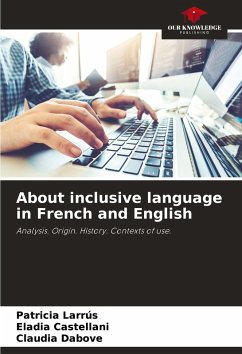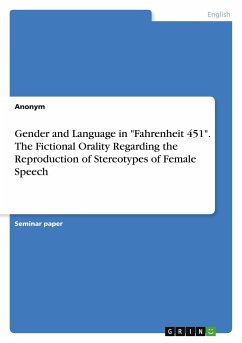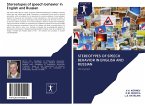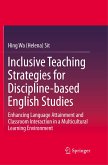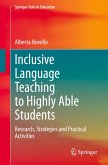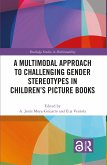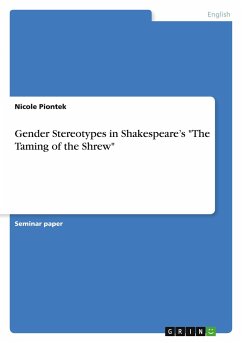Inclusive language is a non-discriminatory form of expression regardless of sexual or gender identity, avoiding gender stereotypes. It is a powerful means of promoting gender equality (United Nations). It alludes to the generic value of the masculine that designates all human beings, and by this very fact, it does not allow visualizing the feminine.We have focused on the emergence of inclusive language in different linguistic communities, its development in different fields, the analysis of the linguistic tools used and their controversies, and the different contexts of its use within the same community.The present book has as its starting point two research works on inclusive language, carried out as teachers of foreign languages at the Bachillerato de Bellas Artes, Universidad Nacional de La Plata. Our recognition to the institution and to our colleagues.
Bitte wählen Sie Ihr Anliegen aus.
Rechnungen
Retourenschein anfordern
Bestellstatus
Storno

